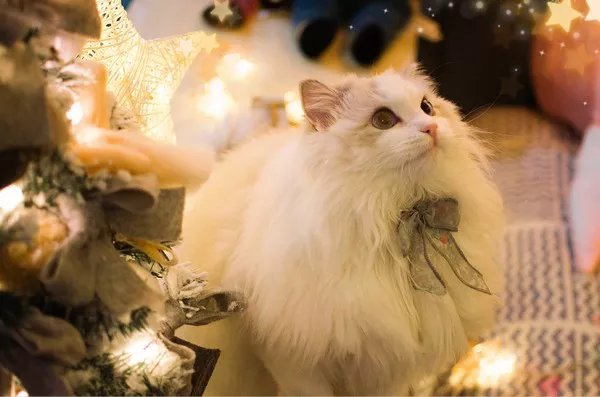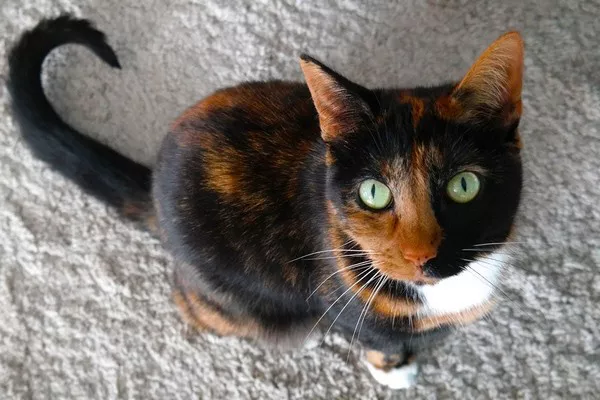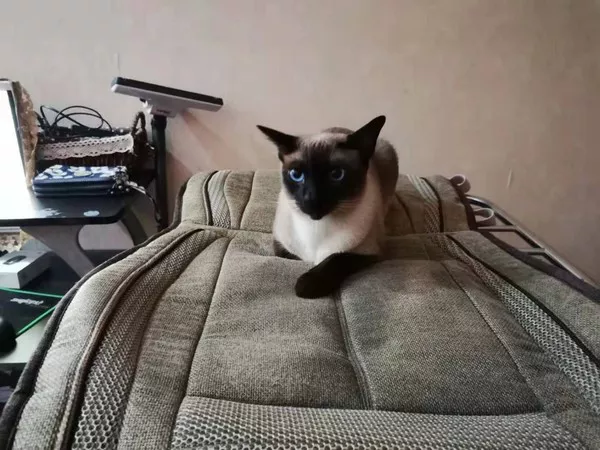Choosing the right type of food for your beloved feline companion is a decision that can greatly impact their overall health and well-being. As a cat owner, you’re likely familiar with the ongoing debate between wet and dry cat food. Both options have their merits, but which one is truly the best for your cat’s nutritional needs? In this article, we’ll delve into the nuances of wet and dry cat food, exploring their advantages, considerations, and how each option aligns with your cat’s dietary requirements. By gaining a comprehensive understanding of wet and dry cat food, you can make informed choices to ensure your cat receives the best possible nutrition.
The Nutritional Basics: Wet Food
1. High Moisture Content
Wet cat food, also known as canned cat food, has a significantly higher moisture content compared to its dry counterpart. This increased moisture can contribute to your cat’s hydration, especially if they don’t drink water as frequently as they should.
2. Palatability
The texture and aroma of wet cat food often make it more appealing to cats with discerning tastes. The soft consistency and diverse flavor options can entice even the pickiest eaters.
The Nutritional Basics: Dry Food
1. Concentrated Nutrition
Dry cat food, often referred to as kibble, is more calorie-dense than wet food due to its lower moisture content. This can be beneficial for cats that require more energy or have specific dietary needs.
2. Dental Health
The crunchy texture of dry cat food can help promote dental health by aiding in the mechanical removal of plaque and tartar buildup. However, it’s important to note that dry food alone may not replace the need for regular dental care.
Considerations for Wet Food
1. Hydration Support
Cats are notorious for not drinking enough water, which can lead to urinary tract issues. Wet cat food’s high moisture content can contribute to your cat’s overall hydration, reducing the risk of urinary problems.
2. Weight Management
The lower calorie density of wet food can aid in weight management, making it a suitable option for cats that need to shed a few pounds.
See Also: 7 Best Cat Foods for American Shorthair Cats
Considerations for Dry Food
1. Convenience
Dry cat food’s longer shelf life and ease of storage make it a convenient choice for cat owners with busy schedules.
2. Dental Benefits
While dry cat food’s texture can promote dental health, it’s important to remember that it’s not a substitute for professional dental care.
See Also: Best Cat Food For Burmese Cats: Things You Need to Know
Nutritional Balance
1. Combining Both Options
Many cat owners opt to provide a combination of wet and dry cat food to strike a balance between hydration and concentrated nutrition.
2. Consulting a Veterinarian
Before making significant changes to your cat’s diet, consult with a veterinarian to ensure that you’re meeting your cat’s specific nutritional requirements.
Addressing Individual Needs
1. Age and Life Stage
The type of food you choose for your cat can vary based on their age and life stage. Kittens, adult cats, and seniors may have different dietary needs.
2. Health Considerations
Cats with certain health conditions, such as diabetes or allergies, may benefit from a specialized diet. Your veterinarian can provide guidance on suitable options.
See Also: What Human Food Do Cats Like: Things You Need to Know
Conclusion
In conclusion, the choice between wet and dry cat food depends on a variety of factors, including your cat’s preferences, dietary needs, and overall health. Wet cat food’s high moisture content can support hydration and weight management, while dry cat food’s concentrated nutrition and dental benefits offer their own advantages. Many cat owners find that a combination of both wet and dry food strikes the right balance for their feline friends. Remember that individual cats have unique requirements, so it’s essential to consult with a veterinarian to ensure that you’re providing the most appropriate nutrition for your beloved companion. Whether you choose wet food, dry food, or a mixture of both, prioritizing your cat’s nutritional well-being will contribute to their happiness and longevity.


























